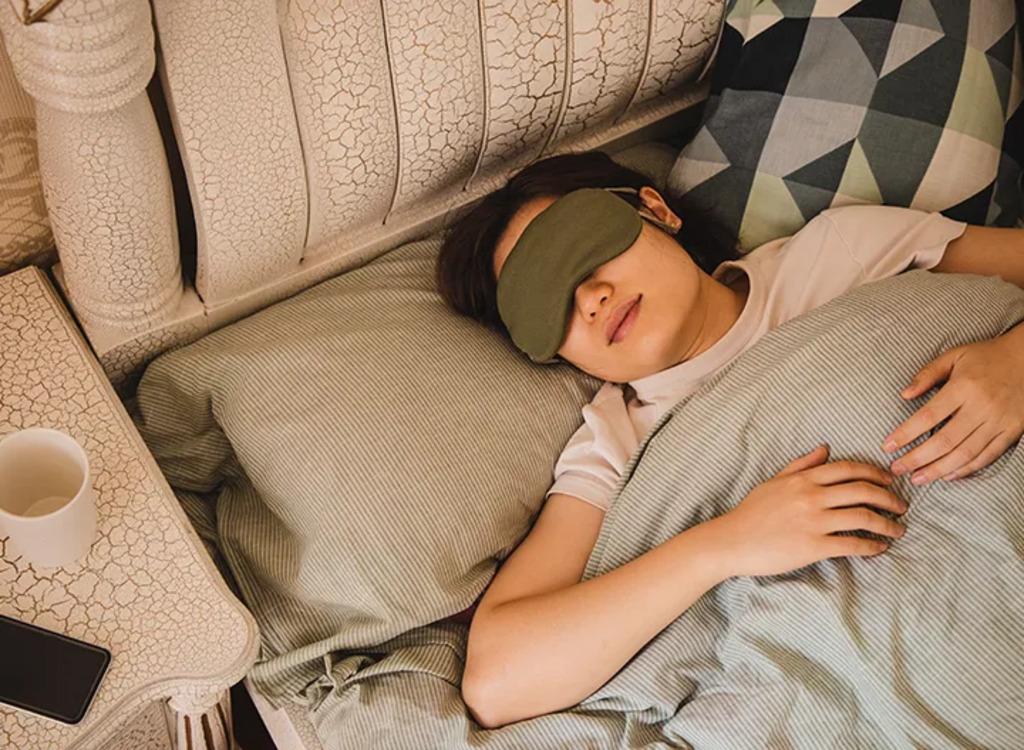We live in a productivity-obsessed world where hustle is glorified, and sleep often becomes the first thing sacrificed. It is misunderstood, overlooked, or sacrificed in the name of productivity. But sleep isn’t just rest—it’s restoration.
From late-night scrolling to weekend sleep binges, countless myths around sleep continue to circulate, and believing them could be silently damaging your physical and mental health. So, how much of what we believe about sleep is actually true?
This Fact-check Friday, we bust popular myths about sleep with expert insights. Read on—your health might just depend on it.
Myth: Can you function well on just 4 or 5 hours of sleep a night?
Fact: Most adults need 7–9 hours of sleep for optimal health. While rare “short sleepers” do exist due to genetic variation, the vast majority cannot adapt to chronic sleep deprivation without consequences—from poor brain function to weakened immunity and heart risk. Feeling “fine” doesn’t mean your body isn’t silently suffering.
Myth: Does sleeping in on weekends make up for weekday sleep loss?
Fact: You can’t fully repay “sleep debt.” According to Dr Vikas Mittal, Director – Pulmonologist, CK Birla Hospital, Delhi, erratic sleep schedules disrupt the circadian rhythm and worsen fatigue, mood, and metabolism. Consistency, not compensation, is the key to healthy rest.
Myth: If you’re not sleepy, are you getting enough rest?
Fact: Lack of tiredness isn’t a green light. “Many people become accustomed to functioning with sleep deprivation,” says Dr Nandani Gulati, Senior Consultant, Pulmonology, Fortis Hospital, Vasant Kunj. However, memory, mood, and health still take a hit, even if sleepiness isn’t obvious.
Myth: Can short naps replace a full night of deep, restorative sleep?
Fact: Short naps may offer a temporary energy boost, but they don’t substitute deep, restorative sleep. Your body needs nighttime sleep cycles—especially REM and slow-wave stages—for full recovery. These stages are crucial for memory and learning and occur cyclically throughout the night.
Myth: Do older adults need less sleep than younger people?
Fact: Sleep needs don’t drastically decline with age. While older adults might experience lighter sleep or wake more often, Dr Mittal confirms they still require 7–8 hours nightly to maintain physical and cognitive health.
Myth: Is one night of poor sleep really that harmful to your health?
Fact: Even a single sleepless night can impair focus, memory, mood, and immune response. Repeat that over time, and you’re increasing your risk of chronic conditions like hypertension, diabetes, and depression.
Myth: Does alcohol actually help you sleep better at night?
Fact: Alcohol might help you fall asleep faster, but it disrupts deep sleep and REM cycles. “It fragments sleep and can worsen sleep apnoea, which is a sleep disorder where breathing repeatedly stops and starts during sleep,” says Dr Gulati. You may wake up more often and feel less rested.
Myth: Is watching TV or using your phone before bed good for relaxation?
Fact: Screens emit blue light, which suppresses melatonin—the hormone that signals sleep. This tricks your brain into staying alert. For better sleep, ditch the screens at least 30–60 minutes before bedtime.
Myth: Is snoring just annoying—or a sign of a serious health issue?
Fact: Loud, persistent snoring may signal obstructive sleep apnoea (OSA), a condition linked to heart disease, stroke, and high blood pressure. “Snoring should never be ignored,” warns Dr Mittal. He says it is often a red flag.
Myth: Are sleeping pills safe and effective for long-term use?
Fact: According to doctors, sleeping pills are only meant for short-term relief under medical supervision. Long-term use can lead to dependence, poor sleep quality, and memory issues. The root cause of insomnia needs targeted treatment, not just pills.
Myth: Is more sleep always better for your health and energy?
Fact: Quality trumps quantity. Oversleeping—especially with underlying disorders like sleep apnoea—can still leave you tired. Good sleep means cycling through the right stages at the right times.
Myth: Can exercising right before bed help you fall asleep faster?
Fact: While regular exercise supports better sleep overall, vigorous activity close to bedtime can overstimulate your system. Experts suggest winding down workouts at least 2–3 hours before turning in.
Sleep isn’t a luxury—it’s a non-negotiable pillar of health, just like eating right and staying active. “Correcting these common myths,” says Dr Gulati, “can drastically improve your energy, focus, mood, and even longevity.”
So the next time you’re tempted to “power through” on four hours of sleep or binge-watch one more episode, remember: quality sleep is self-care—and it’s science-backed.











Leave a comment